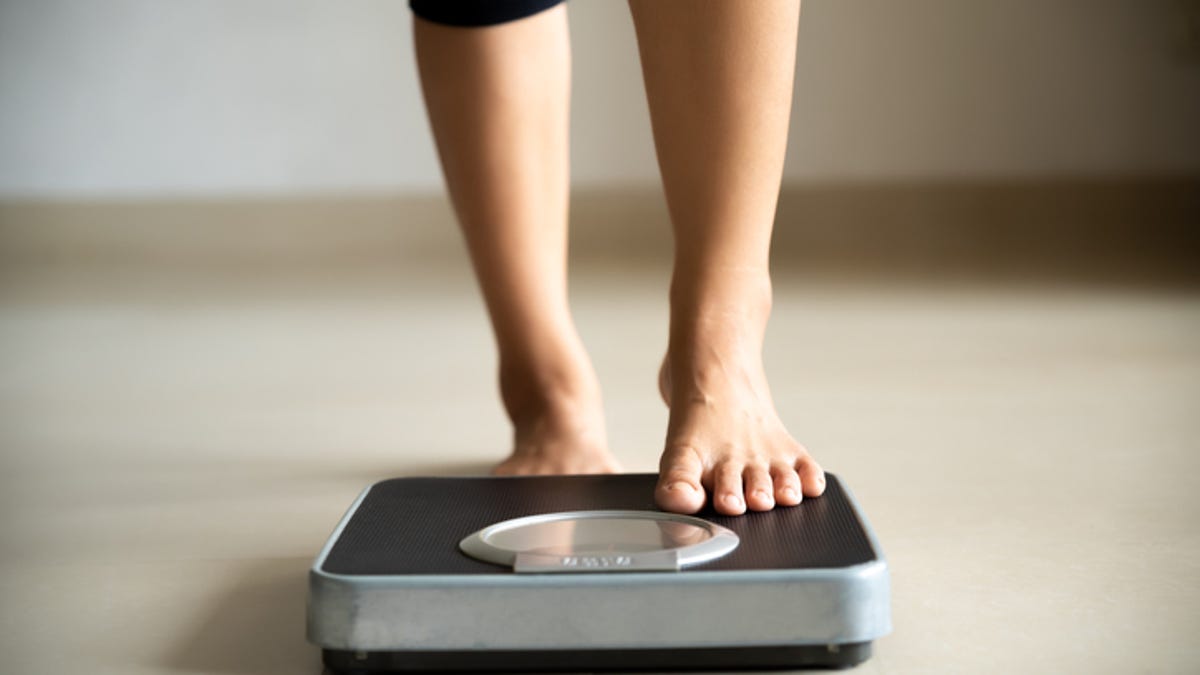Table of Contents
We all have certain expectations when stepping onto the scale, whether we want to lose, gain or maintain our bodyweight. However, your weight won’t be the same in the morning as it is at the end of your day. That’s because you eat less food during the night and lose water through perspiration and breathing, according to the American Physiological Society.
It’s important to remember, though, that the number presented by your scale isn’t an “end-all, be-all” measurement of your health. If you have a healthy relationship with weighing yourself, it can be a tool to give you valuable insights on your progress toward your overall health target.
With that in mind, there are specific times during the day where you’re likely to see the most accurate results when you step on the scale. Continue on for the best time of day to weigh yourself, more tips to consider when checking weight and when it might be beneficial to skip the scale.
In search of more health-related tips? Here are some tips on how to incorporate more fruits and veggies into your diet and why you should eat more carbs, not fewer.
Weigh yourself at this time
You’ll get the most accurate reading from your scale if you weigh yourself first thing in the morning after using the restroom and before your breakfast or first chug of water.
According to experts, the morning is the best time because you’ve given your body the chance to properly digest everything you ate and drank the previous day, leaving your stomach relatively empty.
More tips on getting an accurate reading
Besides weighing yourself at an ideal time of day, there are more ways to ensure you regularly get an accurate reading from your scale, which is especially important when tracking your weight loss or gain progress.
- Weigh yourself once a week at the same time of day
- Keep your scale on a solid, flat surface
- Stand barefoot on your scale, keeping your weight distributed evenly between both feet
- Wear little to no clothing when you weigh yourself. Whatever you decide, keep it consistent each time you weigh yourself for better accuracy.
When to break up with your scale
Like any unhealthy relationship, you can walk away from weighing yourself if you think it’s having a negative impact on your life. Don’t hesitate to ditch your scale if you’re experiencing:
- Negative thoughts triggered by weighing yourself
- Unsafe or unhealthy habits triggered by weighing yourself
- Regular anxiety or sadness after weighing yourself
- An eating disorder, whether you’re developing, recovering from or have previously had one
Read more: Your Weight Isn’t Everything: 6 Health Metrics That Are More Important





More Stories
Avocado Cacao Mousse – JSHealth
Janelle Brown on Garrison’s Mental Health Before His Death
How To Finally Beat Insomnia